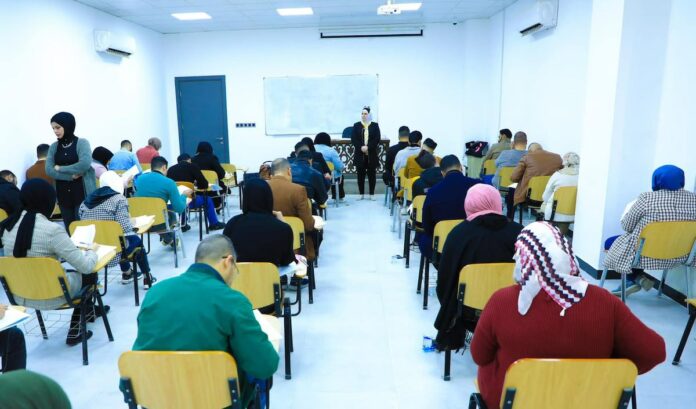Abdelmadjid Salah Daoud – University Professor/Sociology Specialist/Anbar University
The major political and societal transformations since the founding of the Iraqi state, along with wars and armed conflicts, have led to crises in Iraqi society, and social waste within society, The succession of crises and conflicts in previous years has caused interest in the military sphere at the expense of other areas, most notably education. According to a UNICEF report, between 2014 and 2015, a total of IQD 1.5 trillion was wasted within the education system; Due to failures and dropouts, we note that education in Iraq is one of the most significant problems in society. Everything has been wasted by educational policy, which has resulted in an unbalanced social movement and a duplication between daily life and its accumulated problems and the traditional scientific life in which a person flies high in the sky of science. It conveys a particular template as if the information is constant and the facts are specific, which does not give a good space for entanglement, difference, and the search for the depth of thoughts, because of that there is no room for criticism, sometimes even analysis, and here minds are wasted, and there are no opportunities for creativity. as universities prepare products to live in a world that does not exist, as Albert Camus states, clearly applicable to Iraq, A socially wasted world in terms of the loss of knowledge abilities brains, creative thinking, low scientific research skills, disruption of the contribution of leaders, intellectuals and higher degrees, as well as duplication of public discourse, and general disruption of intellectual terrorism. Iraq ‘ Until the system achieved very slim results, it established the traditional method of relying on conservation to achieve full markings.
Institutions continued to fall short of modern teaching methods; Because of the social waste that we see as most harmful to community-building, namely, the disruption of graduates contrary to what official statistics indicate is a gap or shortage within universities. Anbar University has a faculty of management and economics in 2019. (1,500 students) and the number of teachers (41 teachers), thus, the amount of shortage is (34 teaching) and other deficits at the Girls’ College of Education (4690 students), the number of teachers (teaching 130), the amount of shortfalls (teaching 4), while the amount of deficits in the College of Basic Education is There is a shortage of students in other colleges so that the committees of the Ministry of Planning emphasize the need to develop universities to keep pace with other university developments.
Surprisingly, student attendance in Iraq is very weak and non-existent in most universities; Due to a lack of quality education, limited resources, and continuing conflicts, the same factors that drive external mobility are also obstacles to internal mobility and make the country currently an unattractive study point even for neighboring countries. During the years 2000 and 2004, the number of foreign students in the country declined from 8,280 to 3557. The Institute of International Education reported only six American students pursuing studies in Iraq in 2013-2014, there is now only what can be counted on the fingers of one hand since then.










